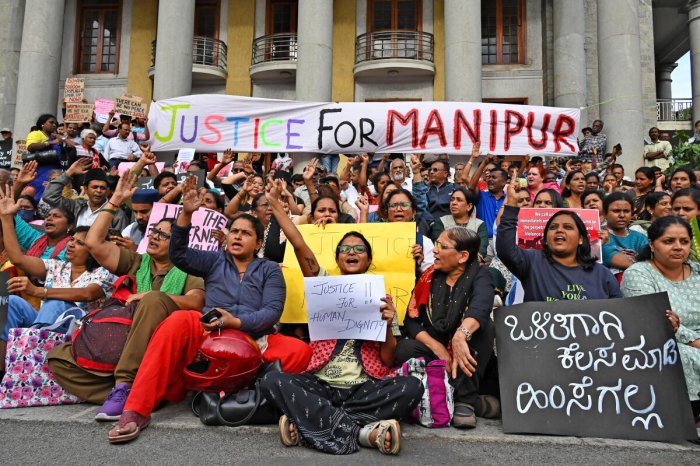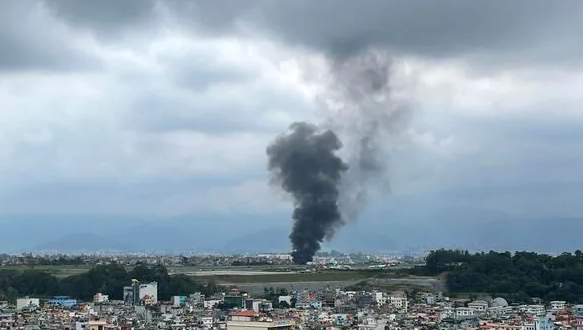The internet ban in Manipur has fostered a climate of hate, exacerbating the ongoing ethnic conflict between the Meiteis and Kukis.
Recently, a horrifying video emerged, showing the brutal assault on two women from the Kuki community. Despite the incident occurring two months prior, the authorities remained inactive until the video went viral, sparking public outrage.

The violence has persisted for several reasons. Firstly, both the state and central governments have failed to establish law and order despite deploying a significant number of security personnel. A unique arrangement dividing the region under different administrations did little to quell the carnage.
Secondly, the internet ban, initially imposed to prevent the spread of fake news and misinformation, has instead fueled rumors, hate speech, and further discord. With no means to verify facts, tensions have escalated, leading to a vicious cycle of retaliation and violence.
Thirdly, the easy availability of arms, justified as self-defense, has prolonged the conflict. Armed village volunteer groups have emerged, and any minor provocation can escalate into deadly gunfights, resulting in loss of life and destruction.
The ban on internet services has kept the atrocities hidden from the world, and the government’s reluctance to lift it despite public pressure and legal petitions has worsened the situation. Ordinary people from both communities have suffered immensely, living in fear for their lives and livelihoods, unable to cultivate crops due to the conflict.
Rebuilding the state and restoring normalcy will be a complex and long-term endeavor, requiring collective efforts and learning from historical experiences. It is crucial for the government to acknowledge the severity of the situation and take decisive actions to address the root causes of the conflict.



